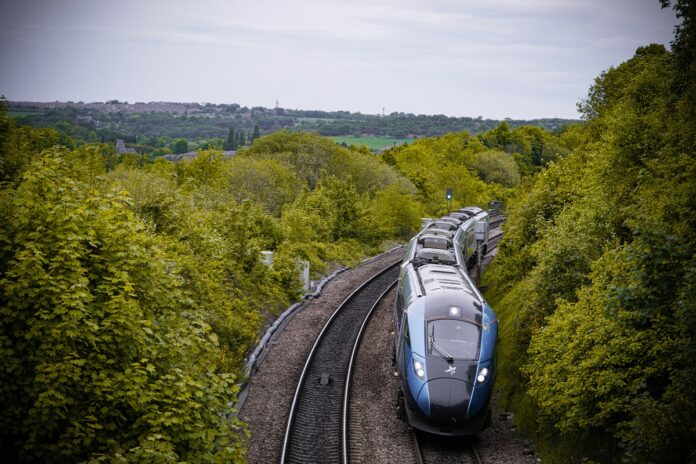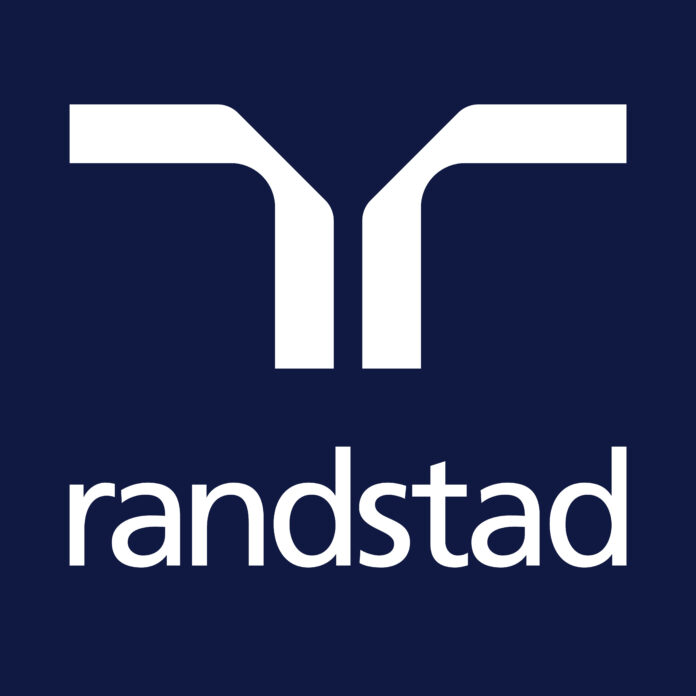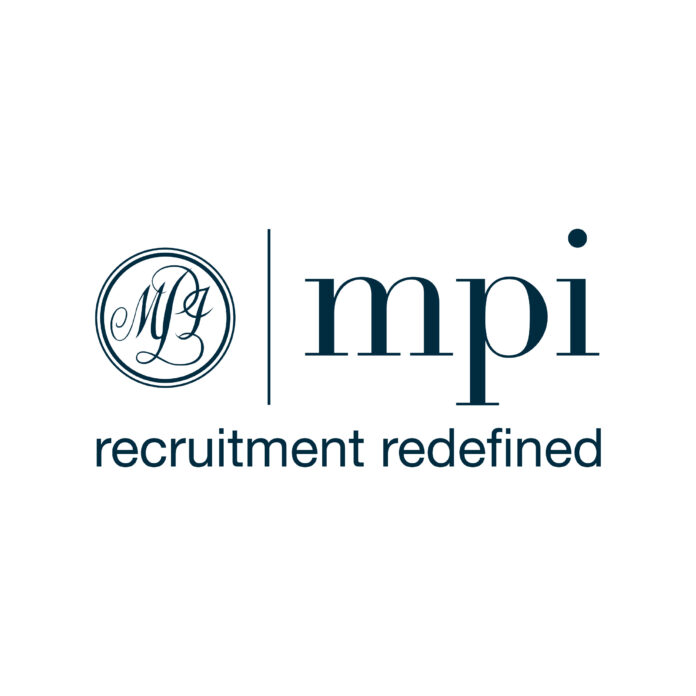The Rail Safety and Standards Board (RSSB) has launched the Rail Carbon Accounting Framework (RCAF), a landmark initiative designed to standardise the measurement and reporting of greenhouse gas (GHG) emissions across the entire UK rail industry.
The RCAF was developed in collaboration with the rail industry, the Government, and the Science Based Target Initiative (SBTi). It provides a straightforward and consistent approach for calculating GHG emissions across the sector, whether for individual organisations, the entire industry, or specific journeys. The framework represents a major step towards rail fulfilling its commitment to net-zero emissions by 2050.
Solving Inconsistent Reporting
Prior to the RCAF’s introduction, carbon reporting across the rail sector suffered from widespread inconsistency and inefficiency. This lack of a unified framework created several problems:
- It prevented the consistent benchmarking of rail performance.
- It prevented the calculation of the sector’s total emissions.
- It caused unnecessary costs, as different rail organisations had to develop their own, separate, accounting methods.
The RCAF directly solves these issues by introducing several key measures. These include:
- A standardised methodology: It aligns with international standards such as ISO 14064, the Greenhouse Gas Protocol, and SBTi to ensure consistency and credibility.
- Sector-wide coverage: It includes tailored guidance for passenger and freight operators, ROSCOs (Rolling Stock Operating Companies), and infrastructure managers.
- Guidance about GHG targets and reduction: It provides practical guidance and resources for setting GHG targets and calculating reductions.
- Defined data flow: It establishes GHG data responsibilities and flow across the industry, supporting a rail-wide carbon data management system within RSSB’s Sustainable Insights Platform.
Clarity for Industry Stakeholders
Industry leaders have welcomed the framework, highlighting its importance for strategic decision-making and investment.
Graham Mollison, Head of Sustainability for Southeastern Rail, and project sponsor, said: “RCAF is a powerful framework designed to help the rail industry align its carbon reporting. Before this was published, it was tricky for each company to know exactly what carbon data they should account for in their impact reporting. RCAF provides us with clarity and certainty as we all develop our carbon accounting methodologies. The publication of the framework will support industry to account for its progress toward net zero carbon.”
Noah Myers, RSSB’s Carbon Lead, said: “The rail industry faces an enormous challenge in affordably reducing emissions across its numerous activities and entities. The RCAF replaces fragmented calculation methodologies with a unified approach that supports both strategic planning and operational decision-making. This will save time and money, improve data quality, and enable smarter investment in sustainability.”





